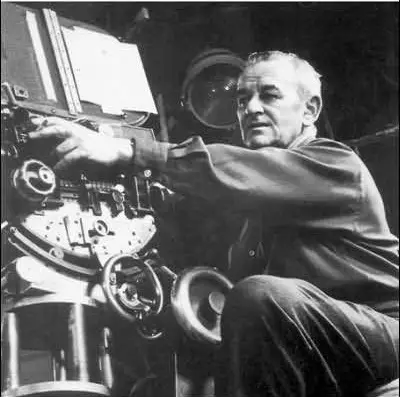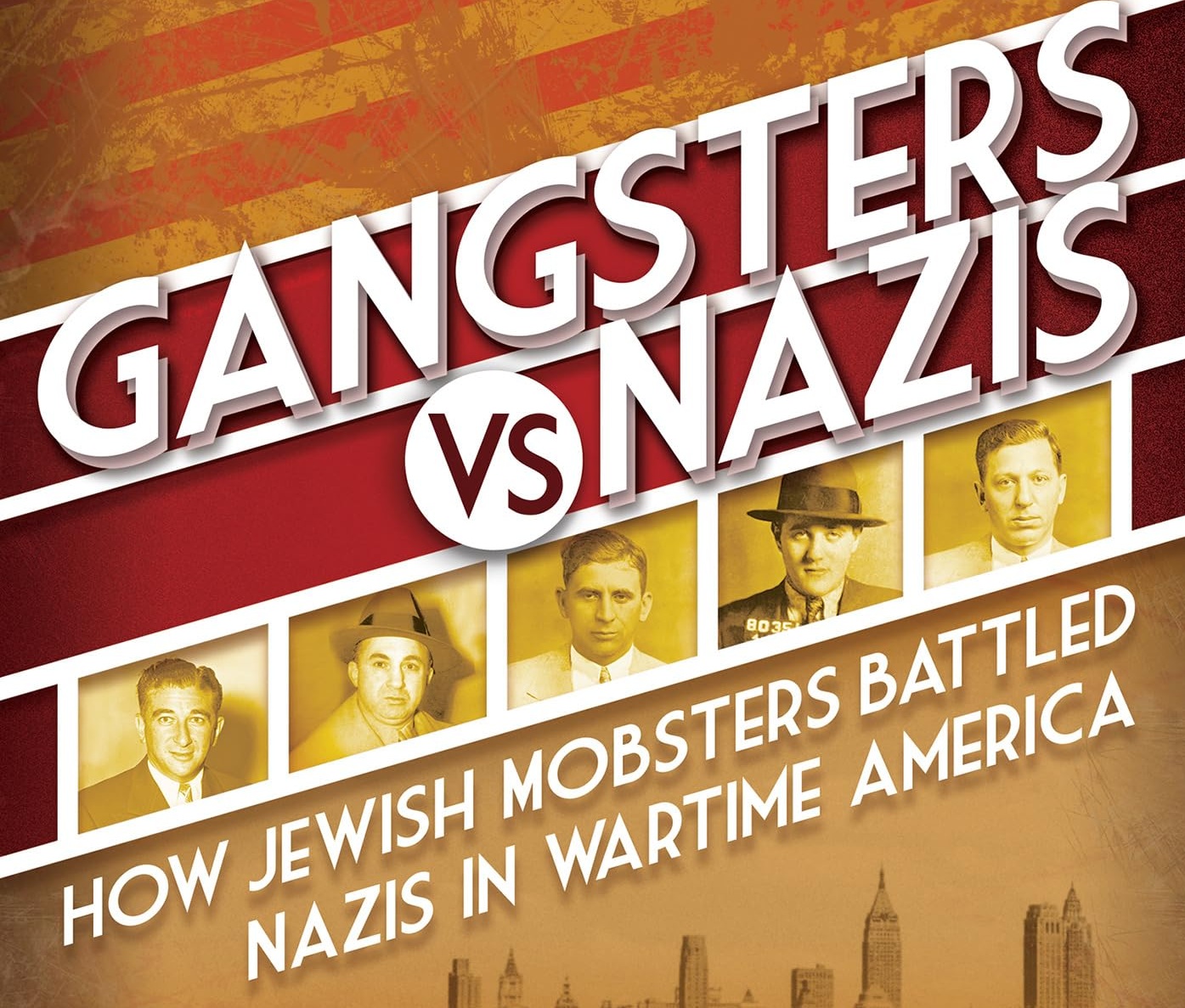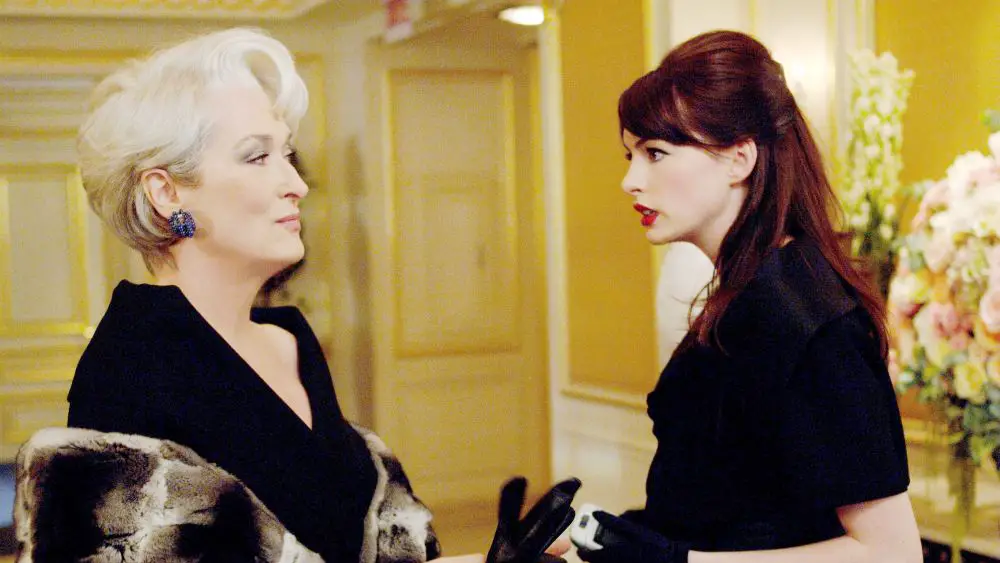
A Talent for Trouble: The Life Of Hollywood’s Most Acclaimed Director, William Wyler by Jan Herman is one of two Wyler biographies.

Earlier this year during what feels like forever ago in quarantine, I was reading Five Came Back by Mark Harris. I saw where there were two different Wyler biographies in the bibliography–both this one and the one by Axel Madsen. This is the book recommended by Mark and so it became my 20th quarantine book since the start of the pandemic. A Talent for Trouble is also the most recent of the two books.
If not for being related to Universal founder Carl Laemmle, William Wyler might never have gone to Hollywood. There are a lot of what ifs in this scenario. Wyler directed Audrey Hepburn to an Oscar for Best Actress in Roman Holiday. Without that film, there’s no telling would would have happened in her career. But enough about hypothetical scenarios! During his time in Hollywood, Wyler would direct some of the best movies of all time. Among them are:
- Jezebel
- The Letter
- The Little Foxes
- The Best Years of Our Lives
- The Heiress
- Detective Story
- Roman Holiday
- Ben-Hur
- Funny Girl
Coincidentally, Wyler served as one of sixty assistant directors for Fred Niblo’s version of Ben-Hur in the 1920s.
Behind the camera, Wyler would ask a lot of actors. He was a perfectionist as a director, shooting take after take. Whatever it took to get the scene just right. It’s because of this that Wyler would earn the nickname “40-Take Wyler.” The work certainly paid off because Wyler’s films would earn 127 Oscar nominations. Wyler himself would win Best Director three different times. The Best Years of Our Lives is a film that Steven Spielberg revisits but more important, it’s among the greatest films in cinematic history. Wyler experienced hearing loss as a result of World War II and would draw on those experiences in crafting the film.
A brief review obviously is not enough to do justice here. Thanks to the archival resources and first-hand accounts, Herman is able to give us an in-depth account of Wyler’s activities behind the camera and off the set. Not many studios would allow one of their filmmakers to set up shop across the pond for months at a time. However, this is exactly what happened in some instances for William Wyler. And there are certainly some stories to tell!
In serving as the second major Wyler bio, Herman is able to utilize Madsen’s interviews with the director. I love it when biographers are able to work together when it comes to resources. Wyler had a major hand in the final copy of Madsen’s bio so Herman’s is certainly more definitive. Where Madsen interviewed the filmmaker, Herman gets access to Wyler’s private papers, which were previously unavailable. Herman doesn’t only have access to Madsen’s 1972 interviews with the director but all of Catherine Wyler’s unedited and unpublished transcripts for her 1980s documentary. Herman also had access to a number of people that worked with or knew Wyler.
If you’re looking to read a book on one of the great Hollywood filmmakers, you will not go wrong with A Talent for Trouble.







